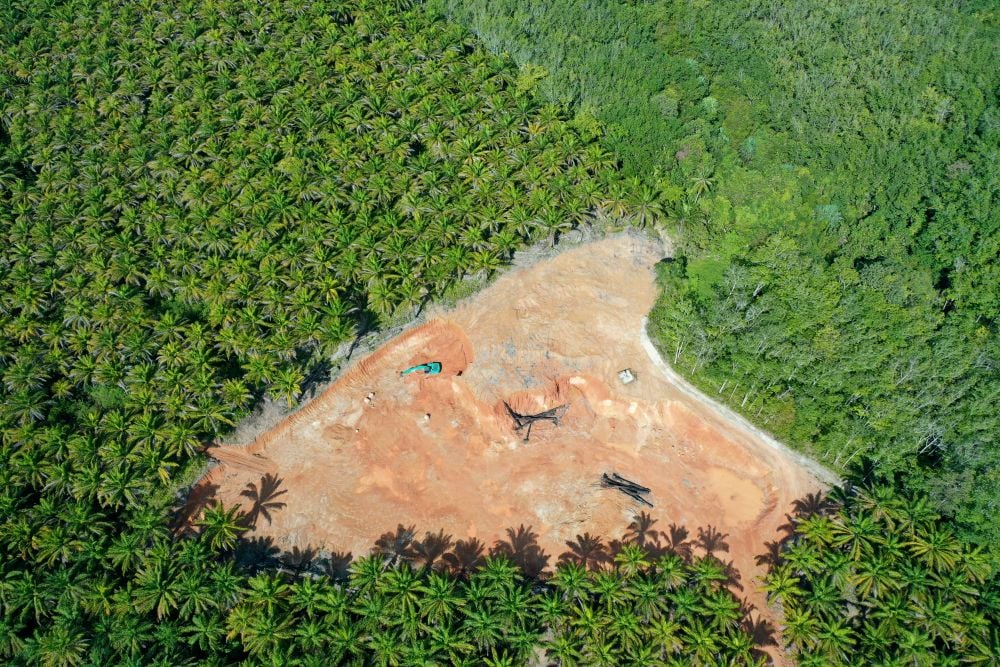Climate Asset Management, the dedicated natural capital investment manager formed as a joint venture between HSBC Asset Management and climate-change investment and advisory firm Pollination, has achieved commitments of more than US$650 million across its two natural capital strategies.
Commitments have been raised from a geographically diverse range of global financial institutions and corporations from Europe, the US, Asia-Pacific and the UK, with HSBC acting as anchor investor for both strategies. This investor mix underlines the increasing awareness of the benefits an investment into this important asset class can deliver to a range of institutional investors, including insurers and corporates with net-zero/carbon neutral targets.
The two investment strategies are particularly relevant given the recent inclusion of nature-based solutions for the first time in the cover text at COP27 and ongoing discussions around financing for biodiversity and biodiversity credits at COP15. Respectively, they offer investors the choice of investing in nature for a financial return or to receive high-quality carbon credits.
Climate continues to raise funds across both strategies and expects to make further announcements during 2023.
The natural capital strategy (NCS) aims to deliver long-term financial returns alongside improved environmental outcomes from regenerative landscape management in agriculture, forestry and environmental assets.
To support the deployment of capital committed, the NCS has developed a pipeline of natural capital investment opportunities, building on an initial investment into a land development project in Extremadura, Spain. The project aims to transform 400 hectares of traditionally flood-irrigated farmland to regenerative high-value almond production, with specific areas allocated towards enhanced biodiversity.
The nature-based carbon strategy (NBCS) targets landscape restoration in developing economies to deliver biodiversity improvements at scale for climate resilience, community benefits, and high-quality carbon credits with a view to enabling global corporations to achieve their decarbonization targets.
The NBCS finances nature-based carbon projects, particularly in their early stage of development, while looking to ensure that meaningful benefits flow to the local communities. Its first publicly announced investment, the Restore Africa Programme, is a key example of this.
The programme, led by the Global EverGreening Alliance, aims to restore nearly two million hectares of land and directly support 1.5 million smallholder farming families, across six African countries – Kenya, Ethiopia, Malawi, Tanzania, Uganda and Zambia.
It has already progressed to implementation in three of those countries (Uganda, Kenya and Malawi) in less than 12 months after the collaboration between Climate and Global EverGreening Alliance was first announced at COP 26, evidencing the momentum generated so far.
“Both investment strategies [NCS and NBCS] are grounded in nature-based assets, and we find they are increasingly attractive to forward-thinking organizations that are themselves committed to the transition to net zero,” says Christof Kutscher, Climate’s CEO. “The commitments will help us to support bold and scalable nature-based investment solutions as we strive to secure a more climate-resilient, nature-positive and inclusive world.”









